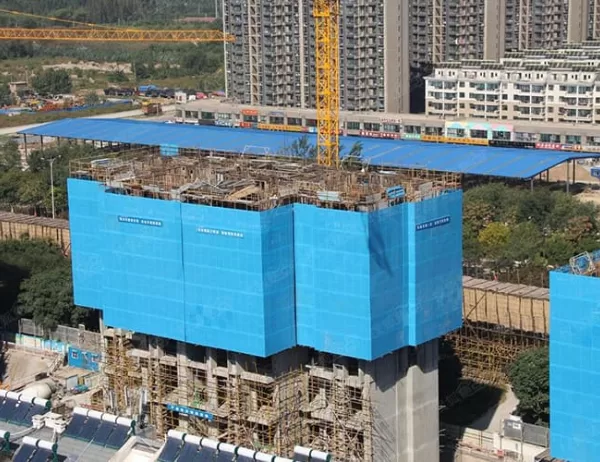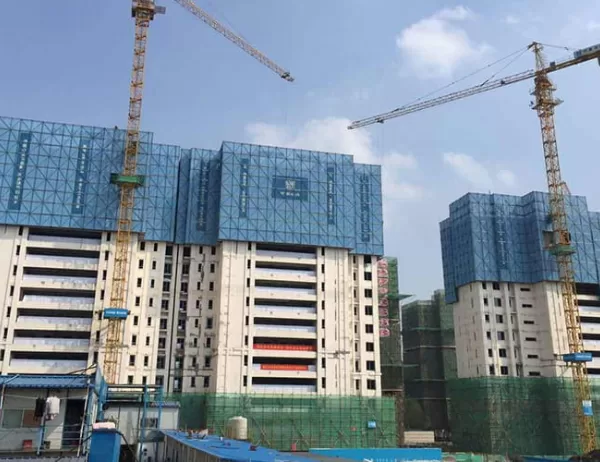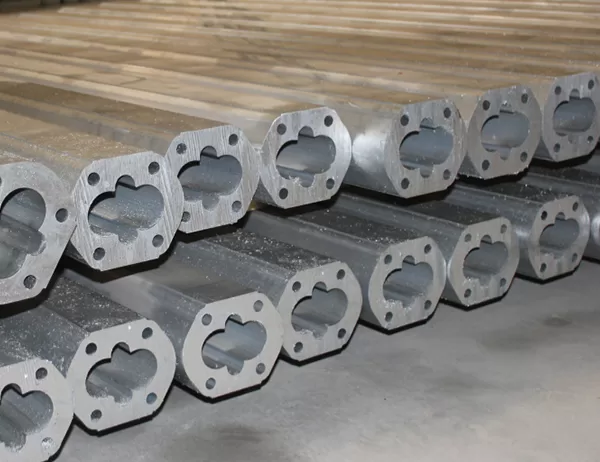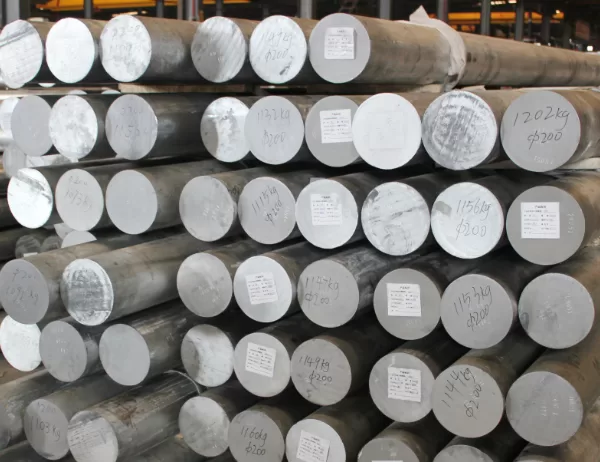In the realm of industrial engineering, achieving efficient system design is paramount to maximizing productivity and optimizing operations. Industrial aluminum profiles play a crucial role in this endeavor, offering a multitude of advantages that streamline design processes and enhance overall system functionality. This article delves into the various ways in which industrial aluminum profiles facilitate efficient system design, providing insights for engineers and system designers.
Industrial aluminum profiles are highly versatile, enabling them to be tailored to specific design requirements. They can be extruded into a wide range of shapes, sizes, and thicknesses, allowing engineers to create customized solutions that meet the unique needs of their systems. This versatility simplifies the design process, eliminates the need for complex fabrication, and ensures a precise fit.
Aluminum alloys used in industrial profiles possess exceptional strength and durability. They resist corrosion, wear, and impact, ensuring long-term reliability and reducing maintenance costs. The rigid and lightweight nature of aluminum makes it an ideal material for structural components, supports, and enclosures, providing stability and longevity to industrial systems.
Industrial aluminum profiles are lightweight and easy to handle, facilitating their installation. This reduces labor costs and allows for faster system assembly. The pre-engineered nature of profiles eliminates the need for extensive machining or welding, simplifying the construction process and reducing the risk of errors.
Aluminum profiles exhibit excellent thermal and electrical conductivity. This makes them suitable for applications involving heat dissipation or electrical components. The profiles can act as heat sinks or heat exchangers, improving system performance and reliability. The electrical conductivity of aluminum allows for efficient power distribution and grounding, ensuring safe and reliable electrical systems.
Industrial aluminum profiles are aesthetically pleasing and can enhance the overall appearance of industrial systems. They can be anodized or powder-coated in a variety of colors and finishes, allowing for customization that aligns with company branding or specific design requirements. Additionally, the ergonomic design of aluminum profiles promotes user comfort and reduces fatigue, improving productivity and safety.
Industrial aluminum profiles are indispensable in the field of system design, offering a myriad of advantages that streamline design processes and enhance system functionality. Their versatility, strength, durability, ease of installation, and thermal and electrical conductivity make them an ideal choice for a wide range of industrial applications. By leveraging the capabilities of industrial aluminum profiles, engineers can achieve efficient and effective system designs that meet the demands of modern manufacturing environments.




